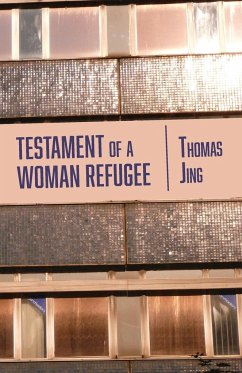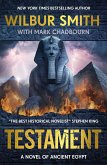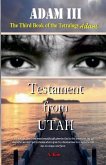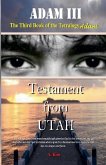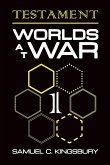Logan, a young Canadian priest, finds himself in Jangaland, an African country in the throes of post-independence violence. His friendly relationship with the family of a rebel leader does not endear him to the ruling administration. He is thrown out of the country. Even before he leaves, the leader and his wife are killed. The rebel's daughter, Zinga, miraculously survives the extermination plot and ends up in an orphanage where his true identity is concealed. When she comes of age, she bears a stunning resemblance to her mother. With her life in danger, and aided by family friends who reveal her true identity, she escapes from the country. Now a refugee, her tribulations are just beginning. She is exploited by an immigration official, reduced into a sex slave by a rebel force. She survives and is eventually joined by her husband who was in Jangaland. Plans to make a fresh start are botched. Drug dealers kill her husband. She is despondent but a miracle occurs. Logan traces her whereabouts and it is in Canada that she recounts her story to a psychiatrist.
Hinweis: Dieser Artikel kann nur an eine deutsche Lieferadresse ausgeliefert werden.
Hinweis: Dieser Artikel kann nur an eine deutsche Lieferadresse ausgeliefert werden.

